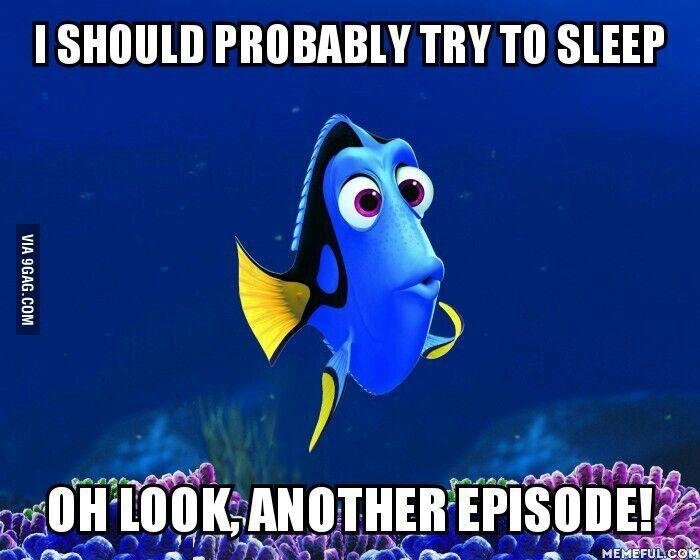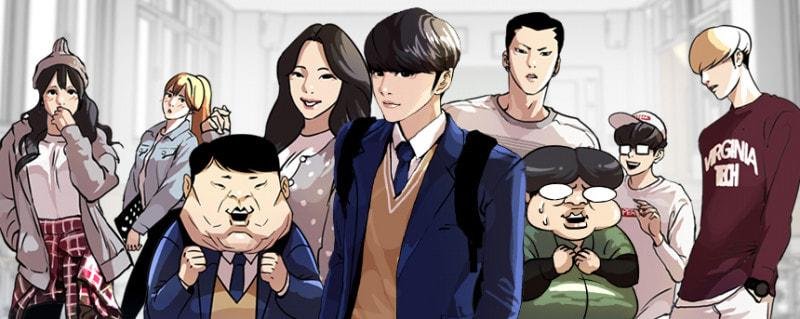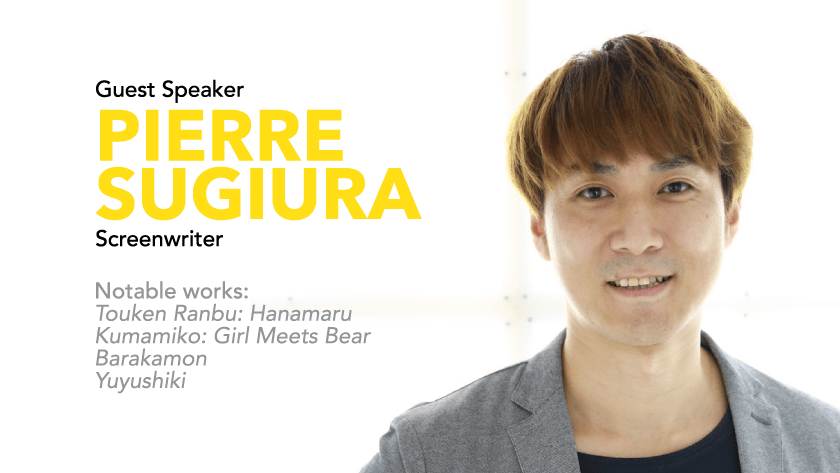Disclaimer: This article is solely of the opinion of the author and does not reflect the collective thoughts and opinions of The Magic Rain and its members.
Here at The Magic Rain, we write a lot of articles. We do our best to bring you new content on a daily basis, even though sometimes we can go to sleep muttering opinions, or we become overly friendly with our good friend “writer’s block”. Thankfully, this is something we love to do and it definitely motivates us to deliver our best! However, today I’d like to talk about one type of article that is particularly challenging to all our writers. You will find it in plentiful array here, although it is also the hardest and most time consuming to write. That is, review articles.
Before I go further, I want to preface: review articles are not opinion articles. Even though both contain the writer’s opinions, opinion pieces are more skewed towards personal bias and doesn’t necessarily have to contain fact in order to be a valid opinion, whereas review articles are generally expected to be more fact-driven and objective. To compare the two is simply an insult to the amount of time and effort that goes into review articles, and I’m about to explain to you why that is so.
To write a review, it first begins with experiencing the source material.
This is the most time consuming part. A typical anime season these days ranges from 13 to 25 episodes, which is approximately 5 to 11 hours of watch time. Mangas which are completed can easily be binge read, even up to hundreds of chapters under a week, but those that are ongoing also require ongoing commitment to follow up on it.
Games by far take the most time to experience fully, especially in the case of triple A titles. It isn’t enough to complete the main storyline, you’ll also want to experience all the major side quests, all the alternate endings, and even more depending on the genre you’re playing. This can take up entire days, if not weeks, to complete.

Then you move onto the background research.
To keep things convenient, fans of certain studios will usually continue on to review the same studio’s latest work. After all, there is no greater expert than a loyal fan (and this is something I strongly believe in.) In the case where we don’t have such a person on hand, the background research can oftentimes be gruelling. In a review, it’s not enough to provide insight on how the studio has improved or changed since their last creation. Being familiar with the studio or source material’s little intricacies can also add huge value.
For example, a review of Pyre from Supergiant Games would be greater augmented if you’ve previously played Bastion and Transistor, and participated actively in their fandom. Comparisons can be drawn between their past and current work and it serves as an indication of where the studio is headed in the future. It also makes you aware of the community’s general opinions and expectations towards old and new titles alike, which can add a level of depth to your commentary essential in any good review.
Finally, you can begin writing!
This is where the challenge really begins. I’m not quite sure which one is worse – writing for a series you loved or writing for a series you hated. Either way, when your emotions and biases are running high, the hardest part is keeping yourself objective. Here, the difference between a review and an opinion piece appears again, as you’re allowed to rant to high hell in an opinion piece, but you have to remain as neutral as possible when writing a review.
Trying to compartmentalise all your points is also a challenge when you have a wide spread of things you want to talk about but no structure and no flow. Presentation matters just as much as content and a good review (especially for our short attention spans nowadays) is one that is easy to read. Knowing your audience is a crucial piece in this puzzle, as it can affect things like the level of language you should use and what aspects of the anime/manga/game you should focus on.

Are you done? Upload it – and hope people will care.
This is possibly the most vulnerable part about writing a review article. In fact, writing anything that you’ve put a lot of time and effort into. After you’ve spent weeks cradling this piece of writing close to you, now it has to go out into the world where it will be read and judged. You can only hope that your review is helpful to people, and if you’re feeling brave, that your opinion on this becomes well respected some day.
Ultimately, reviews are not the be all end all. There are tons of them out there, and the ones we write may only be a drop in the ocean of plenty that you will read. Still, we all aim to reach that peak where our critical analyses and judgement can prove trustworthy to our readers. As for our readers, I hope this shows some insight into the review writing process. The next time you read one, perhaps you’ll be thinking twice before you put it down!












